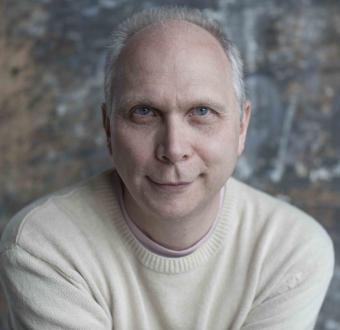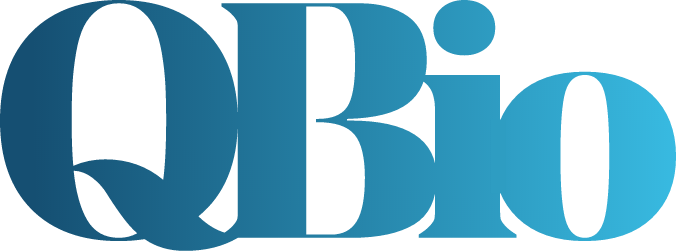
Ludovic JULLIEN
Researcher
University professor
Biology
Chemistry
Physicochimie de la matière vivante
ENS-PSL
Department of Chemistry
Published on
23 September 2021
, updated on
14 November 2021
Image

1er étage, bureau E142b
24, rue Lhomond 75231 Paris cedex 05
01 44 323333
Ludovic Jullien has been trained as a chemist at Ecole Normale Supérieure (ENS, Paris) and University Pierre et Marie Curie (UPMC, Paris). After his PhD (Prof. Jean-Marie Lehn, Collège de France, Paris) and his post-doc (Prof. Helmut Ringsdorf, Mainz, Germany), he became Research Assistant at CNRS (Collège de France) and then Professor at Sorbonne Université and ENS. He is driven by a strong interest for the triple interface between Biology, Chemistry, and Physics, with expertise in Systems Chemistry, Supramolecular Chemistry, Biophysical Chemistry, Analytical Chemistry, and Thermokinetics.
Field of research
When practiced at its double interface with biology and physics, chemistry produces more than a toolkit for labeling biomolecules or analyzing the cellular composition. Chemistry first brings a specific molecular point of view, which challenges the quantification of interactions and the kinetic analysis of exquisitely complex networks of reactions. This is the first perspective of our research activity: we introduce and implement chemical concepts and tools to interrogate and manipulate biological systems. Chemists have also been inspired by the biological objects and their functions for a long time. This results in their continuous motivation to design and build chemical artifacts (molecules, supramolecules, systems). This is the second perspective, which we have adopted to practice research by favoring the systemic level, which integrates reactions and non-covalent interactions to generate a function. More specifically, our recent work is concerned with the development of photoactive organic probes, the introduction of reactivity-based protocols for highly selective analyses and imaging, and the design of reactive systems comparable fairly to living chemical microorganisms.
Publications
- R. Chouket, A. Pellissier-Tanon, A. Lemarchand, A. Espagne, T. Le Saux, L. Jullien, Dynamic contrast with reversibly photoswitchable fluorescent labels for imaging living cells, Chem. Sci., 2020, 11, 2882-2887.
- M.-A. Plamont, E. Billon-Denis, S. Maurin, C. Gauron, F. M. Pimenta, C. G. Specht, J. Shi, J. Quérard, B. Pan, J. Rossignol, K. Moncoq, N. Morellet, M. Volovitch, E. Lescop, Y. Chen, A. Triller, S. Vriz, T. Le Saux, L. Jullien, A. Gautier, A small fluorescence-activating and absorption-shifting tag for tunable protein imaging in vivo, Proc. Nat. Acad. Sci. USA, 2016, 113, 497-502.
- M. Emond, T. Le Saux, J.-F. Allemand, P. Pelupessy, R. Plasson, L. Jullien, Energy propagation throughout a protometabolism leading to the local emergence of singular stationary concentration profiles, Chem. Eur. J., 2012, 18, 14375-14383.

